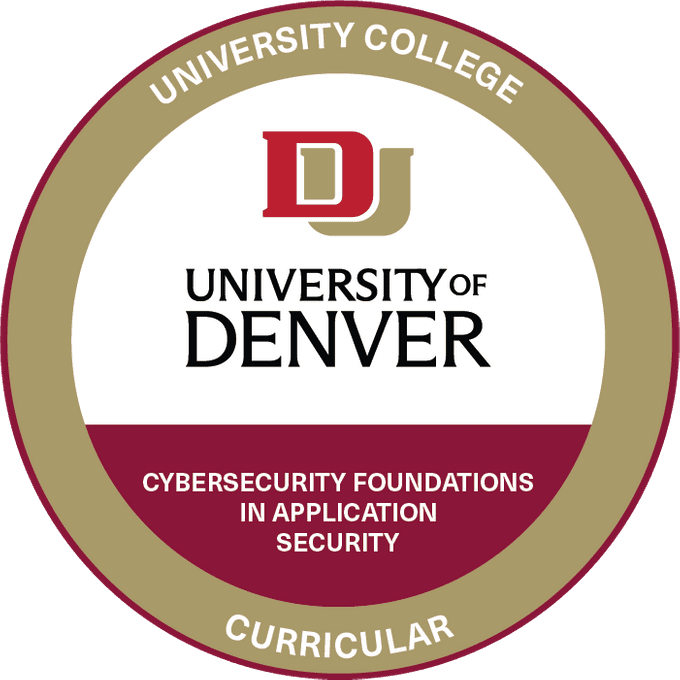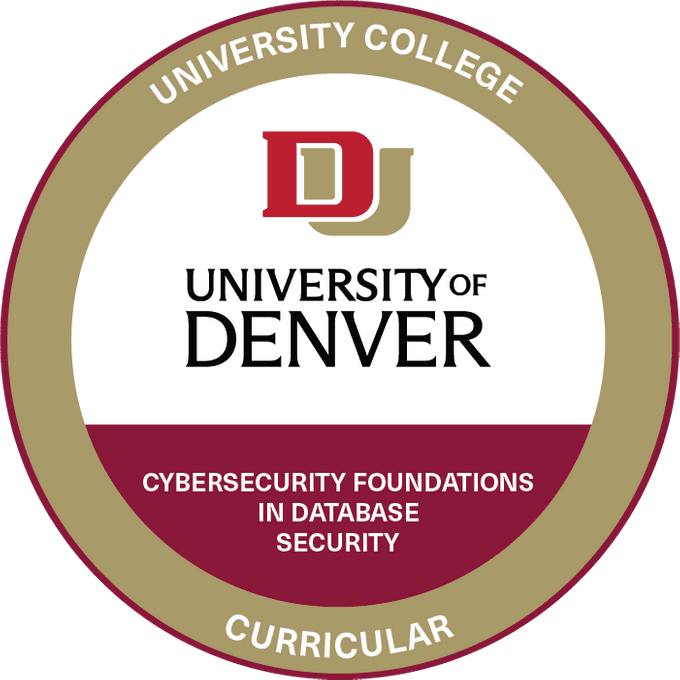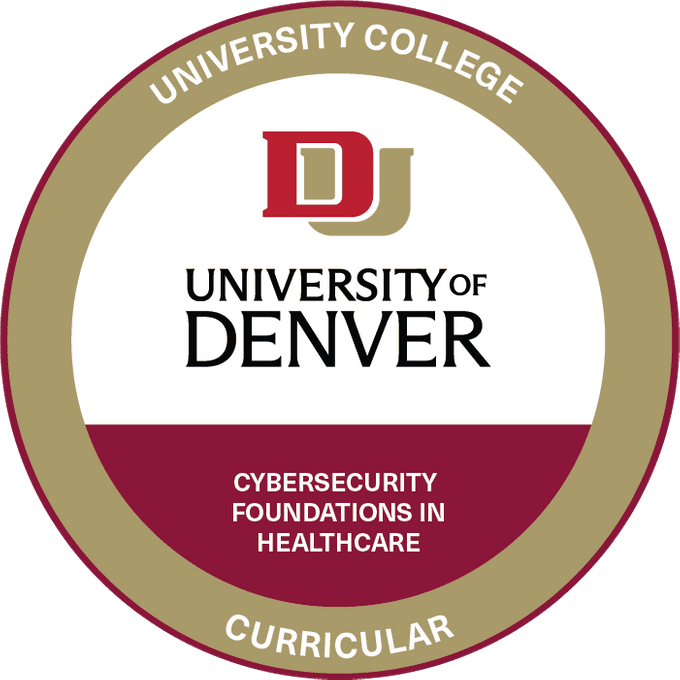Master’s Concentration
Information Systems Security: Master’s Degree
As one of the fastest growing and in-demand fields, cybersecurity is facing a shortage of talent. Fill the talent gap by learning to analyze security needs and provide effective solutions. Navigate cybersecurity challenges as you develop the technical skills needed to solve security breaches, conduct computer forensics analysis, and set up secure networks. The curriculum aligns with the Common Body of Knowledge for CISSP certification.
Looking for more critical management skills? See the master’s concentration in Cybersecurity Management.
We're Here To Help
*Indicates a required field.
At a Glance
Classes Begin
June 17
Term Length
10 Weeks
Master's Degree
Tuition
$40,032

Top-Ranked University
U.S. News & World Report Rankings

Talk to an Enrollment Manager
Mike Lutito
303-871-4695
Schedule an appointment
Email me
If you plan to study on an F-1 or J-1 visa, contact Tracy Joosten.
Free Application
University College is committed to educational access, and given the difficult circumstances currently impacting millions of people, we are waiving application fees.
Skills You’ll Learn
Curriculum
Master of Science in Information Technology with a concentration in Information Systems Security requires completion of 48 credit hours (12 courses).
4
Core Courses
4
Concentration
Courses
4
Elective Courses
Featured Instructors
Sample Schedule
Plan out your schedule and determine your preferred timeline for completing your master's degree—finish in as few as 18 months or take up to five years.
Interested in a graduate certificate?
Interested in a digital badge?
Learn about badge requirements, how to apply, and more!

Cybersecurity Foundations in Application Security

Cybersecurity Foundations in Database Security

Cybersecurity Foundations in Healthcare
Take a Course Before You Apply
Career Outcomes
Predicted outcomes for graduates of Information Systems Security
Job Titles
Information Security Analyst Salary: National Average
$95,610
(U.S. Bureau of Labor Statistics)
Get Ahead with Career Services
One-on-one career coaching and mock interviews
Job database dedicated to DU students and alumni
Résumé and cover letter guidance
Hear from Our Students
Theme: Job Satisfaction
Information Technology
Flexible Online Classes
We understand the demands of balancing work, friends and family, and school can be challenging. That's why at University College, you can complete your program entirely online. Our online learning platform makes it easy to work anywhere at any time.
Advisory Board

Nathan Braun
Educational Consultant & Adjunct Faculty, University of Denver, University College
Accreditation
Higher Learning Commission
University College programs maintain the highest level of accreditation offered by The Higher Learning Commission, one of the regional accrediting bodies recognized by the federal government. The University of Denver and all of its academic programs are regionally accredited by this commission, and regional accreditation is the highest standard for universities in the United States.
spacer
Colorado Technology Association
The Colorado Technology Association represents technology leaders, professionals, companies, IT departments, government and legislative leaders, and industry advisors. CTA provides members with community, insight, connections and advocacy. Our industry development work spans public policy to education to leadership.
Take the Next Step



















